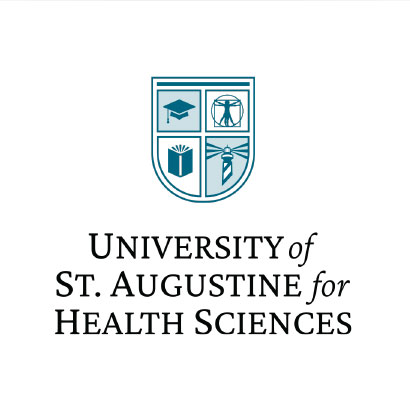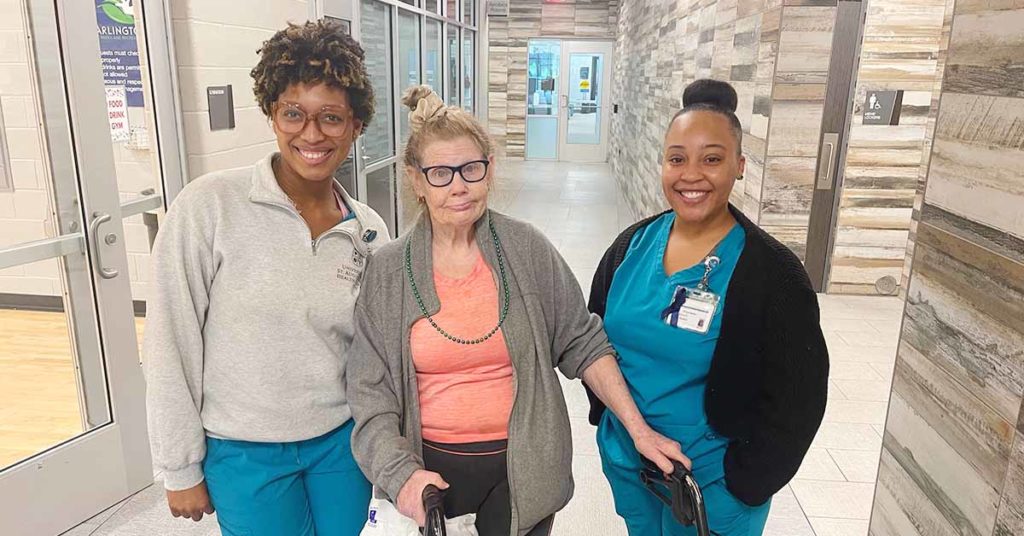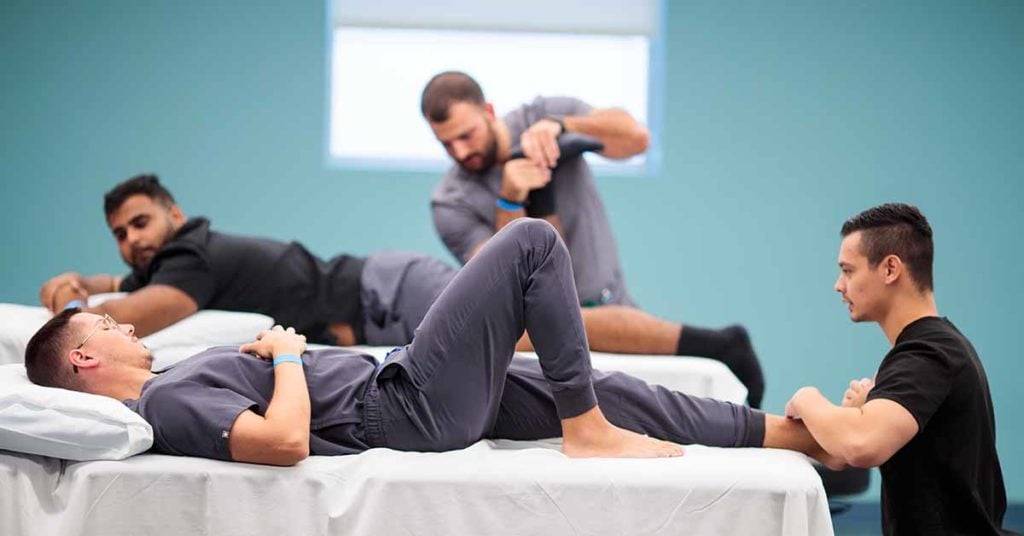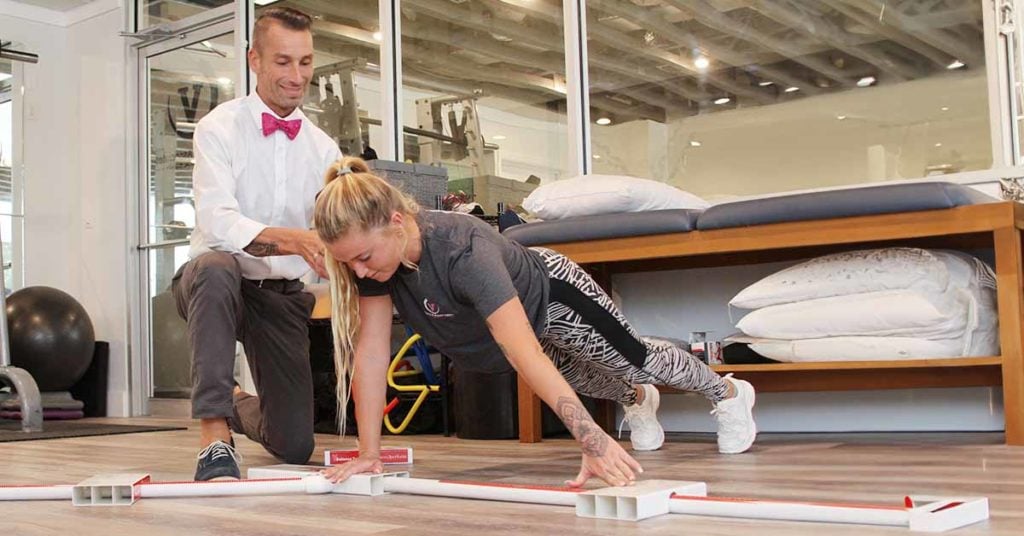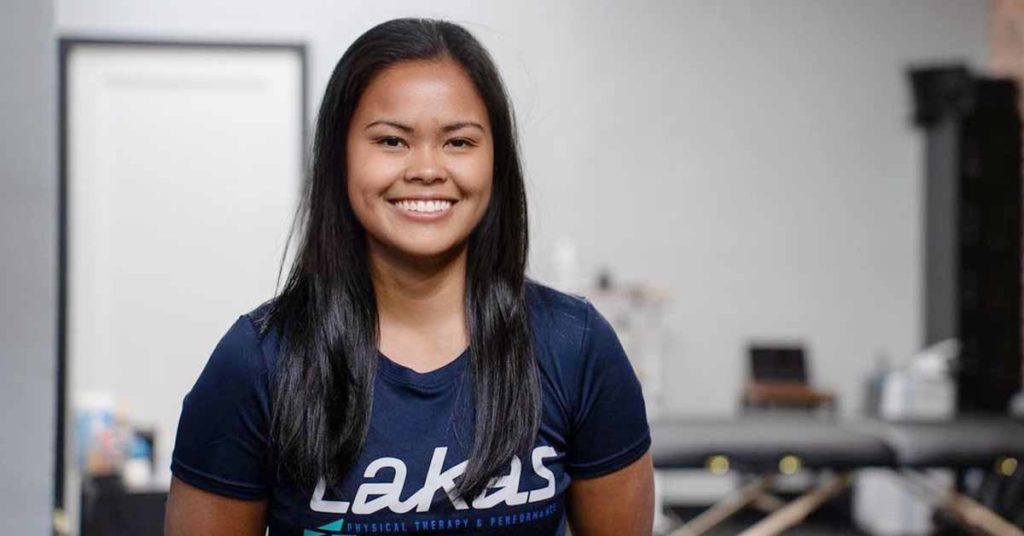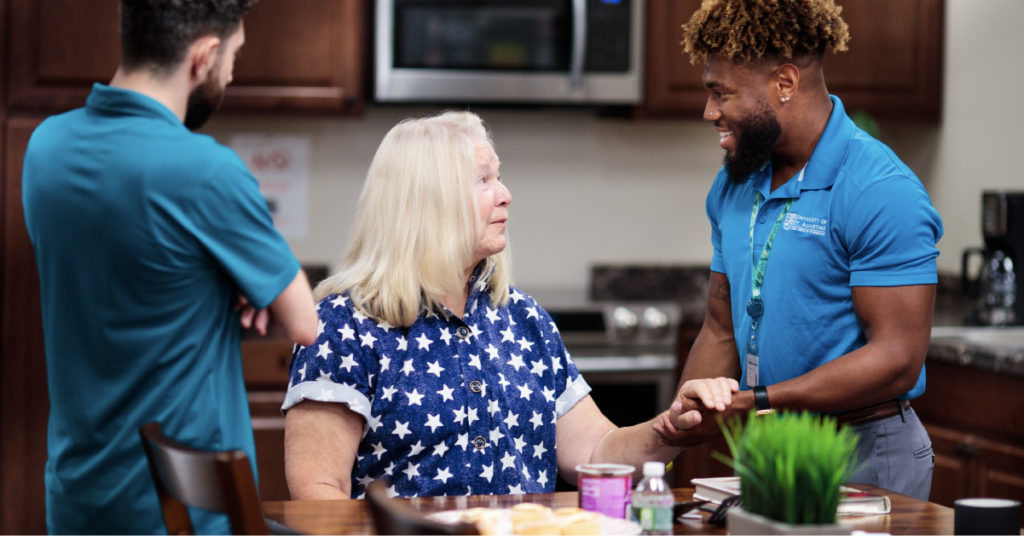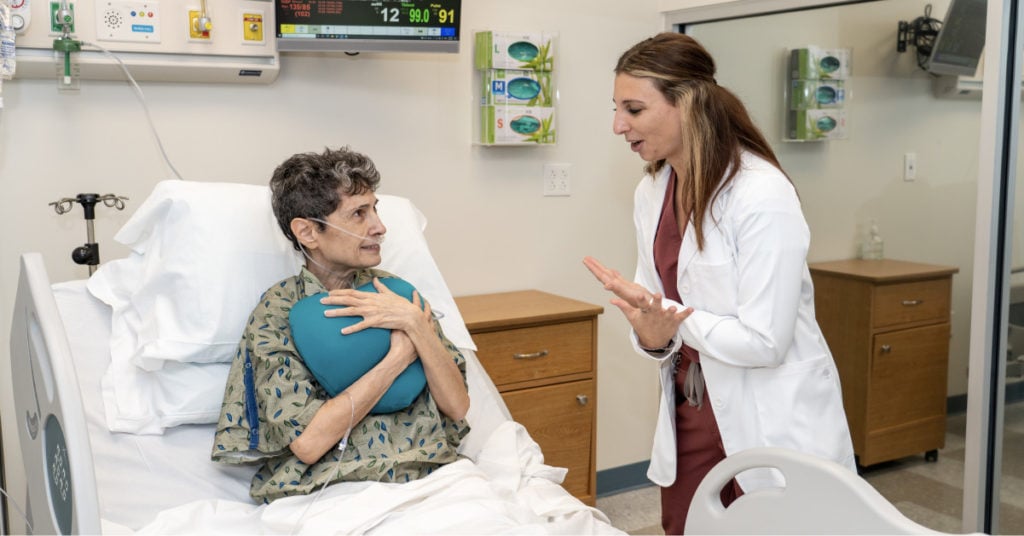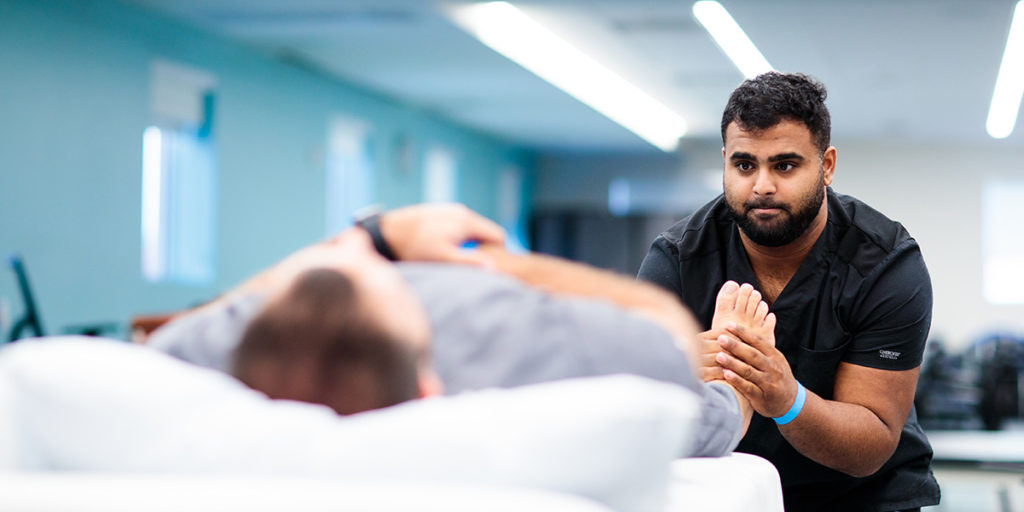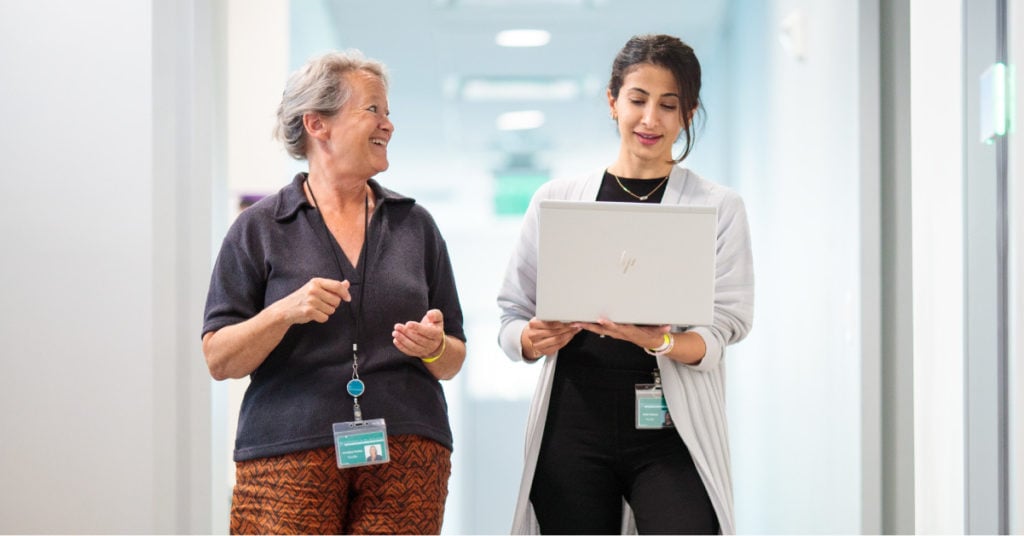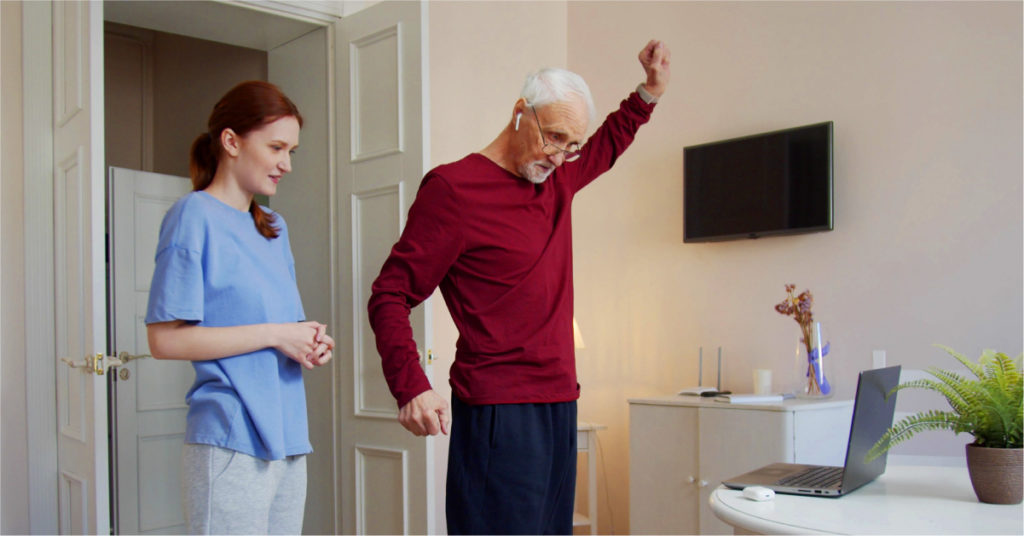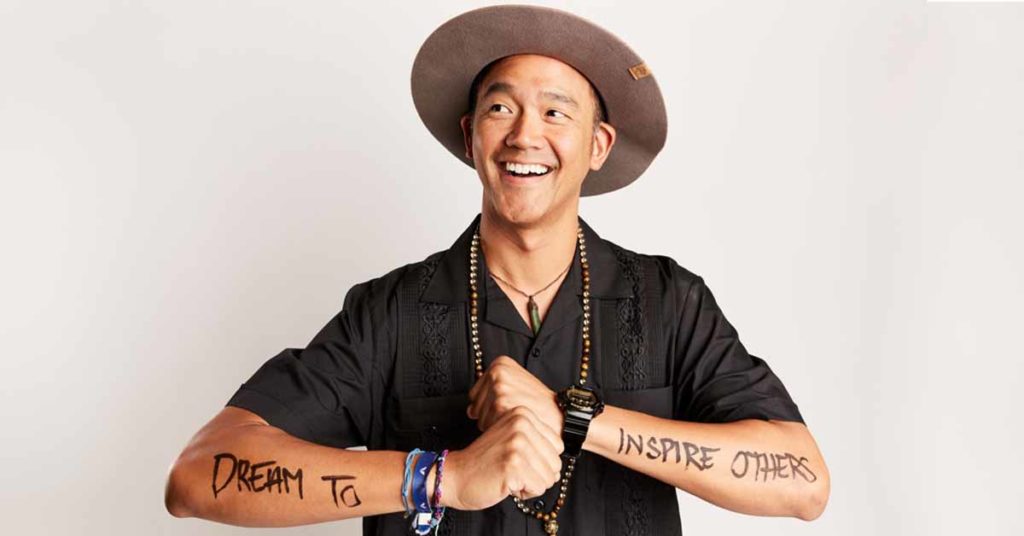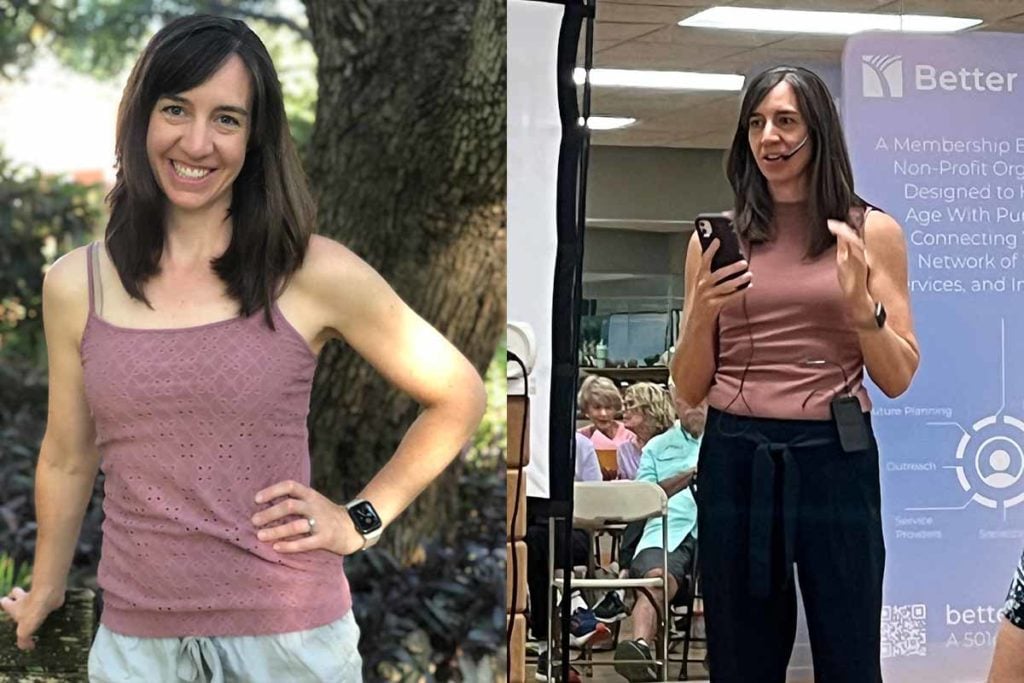

Force for good: DPT alum uplifts older adults, celebrates the art of aging
At the University of St. Augustine for Health Sciences (USAHS), Teresa Gingles, PT, USAHS DPT 2011, embarked on a journey that would lead her to become a beacon of hope and advocate for an aging population. Dr. Gingles is a 2023 Alumni Force for Good Contest Winner. The alumni video competition celebrates the incredible impact
